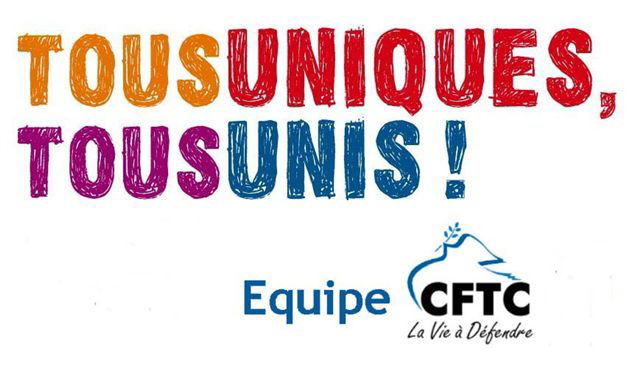Mark reiterated the importance of growth and scale for HP. “Good companies grow,” he explained. “Great companies grow at the same time they reduce their costs. Good companies can get costs down. In fact, there are a number of companies that come to work every day and all they think about is getting costs down. They don’t worry about growing revenue. And there are other companies that are very good at growing revenues. We’re almost one of those types of companies. But great companies grow revenue and get costs down. We’re trying to get there and do both.”
Worldwide WFR
Asked about the scale of potential workforce reductions (WFR), Mark responded: “Let me go back to the beginning because I think this is an important one to get,” he said. “We’re not going to just WFR a lot of people because we want to get our costs down with no theory on what we’re doing. We’re trying to understand what our cost structure needs to look like going forward and we’re going to do that work — and that work has many elements to it.
“I think about cost in the context of how should we be aligning by category, by segment, by business and then asking ‘What should it look like in 2008?’ And then I work my way backwards. I will not cut things that I think are critical to the mission in the long run.”
Change in HP culture
Mark was asked his impressions of HP’s culture and if there’s anything he’d like to change about it.
“I don’t like going to sites and have someone tell me that they are a DEC employee, or a Tandem employee, or somebody telling me they’re from Compaq. That’d be like me saying, ‘I’m from NCR.’
“Everybody works for HP,” he said. “I have news for some people, there is no more DEC. There is no more Compaq. There is no more Tandem and I don’t work for NCR. We all work for Hewlett-Packard and we should all want to be the best Hewlett-Packard we can be.”
Less cost, more revenue. Let’s deliver in Q3. We want to start the beginning of HP being known as a company that delivers on its commitments to its suppliers, to its customers, to its communities, to its employees and to its shareholders.”

5 commentaires à lire:
A notre connaissance, Mark Hurd n'est toujours pas venu en Europe...
Ouais c'est normal EMEA ne représente guère que 40 et quelques % du CA d'HP alors pourquoi se déplacer!
44% des revenus pour 45000 employes sont fait en Europe/Middle East/Africa.
On aura noté que l'on ne 'fire' plus, désormais on 'WFR'. Viré est passé dans la categorie gros mot. Mais l'idée de virer elle, non.
Finland: Court: Flextronics to pay back subsidies
Telecom&Mobility news
Helsinki, 14 October, 2005 — In Finland, the district court of Haapajärvi has ruled that Flextronics (that designs and develops mobile communication devices, its parent company is Flextronics Corporation) will have to pay back loans and development subsidies it has received from the city of Haapajärvi. The company will have to pay back a loan of over EUR 25mn with interest, and about EUR 1.7mn of development subsidies with interest. Flextronics will also have to cover the city's court costs of EUR 140,000.
(In 1999, the then owner of Flextronics was granted loans and subsidies by the city of Haapajärvi with the understanding that the company employs 80 people by the end of 2001 and 100 by the end of 2003. According to the city, these terms were not met. Flextronics announced in September 2005 that it will give notice to half its staff in Finland in the next 12-month period.)
Enregistrer un commentaire